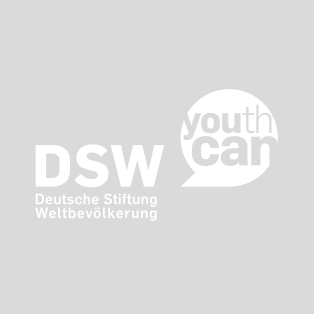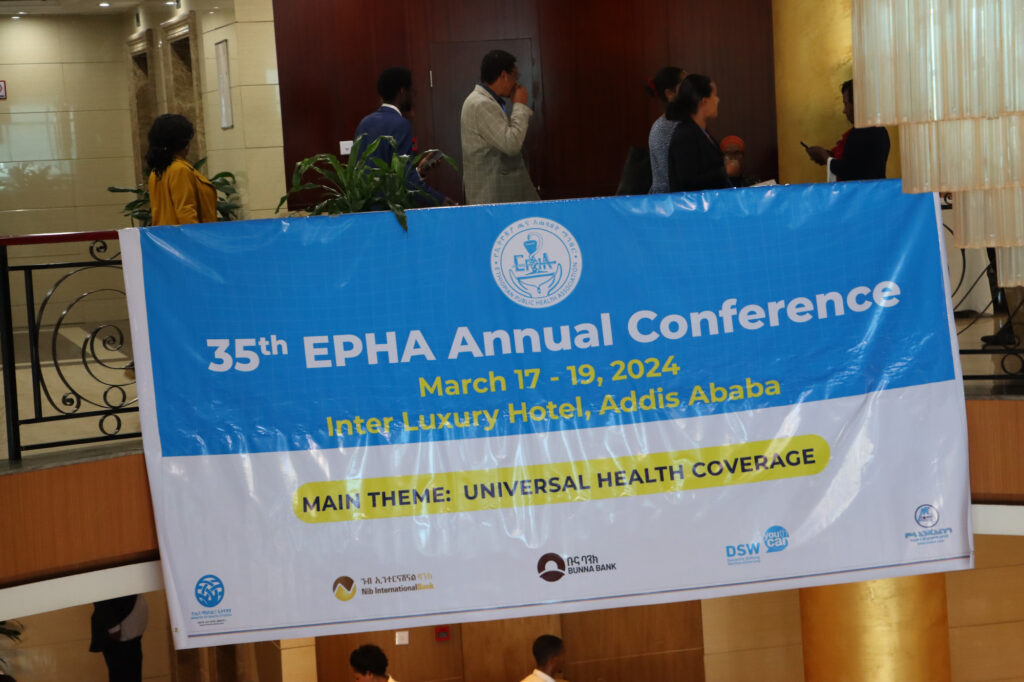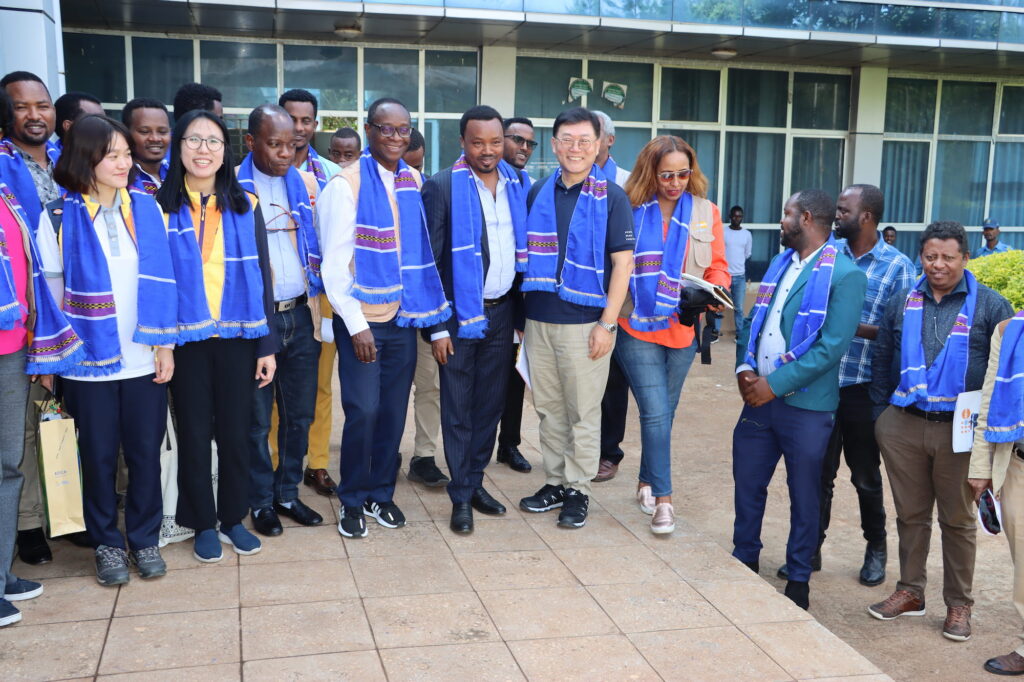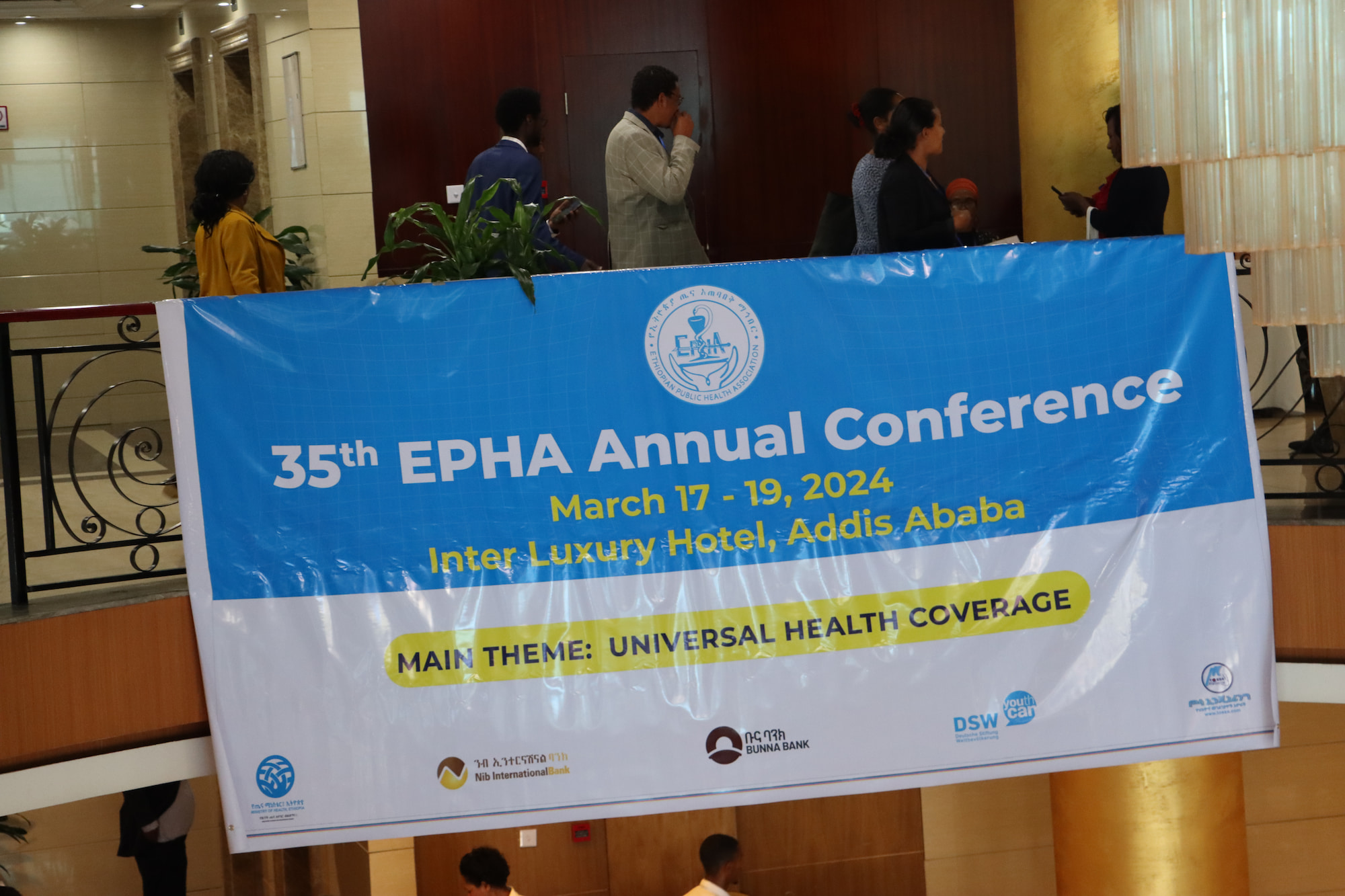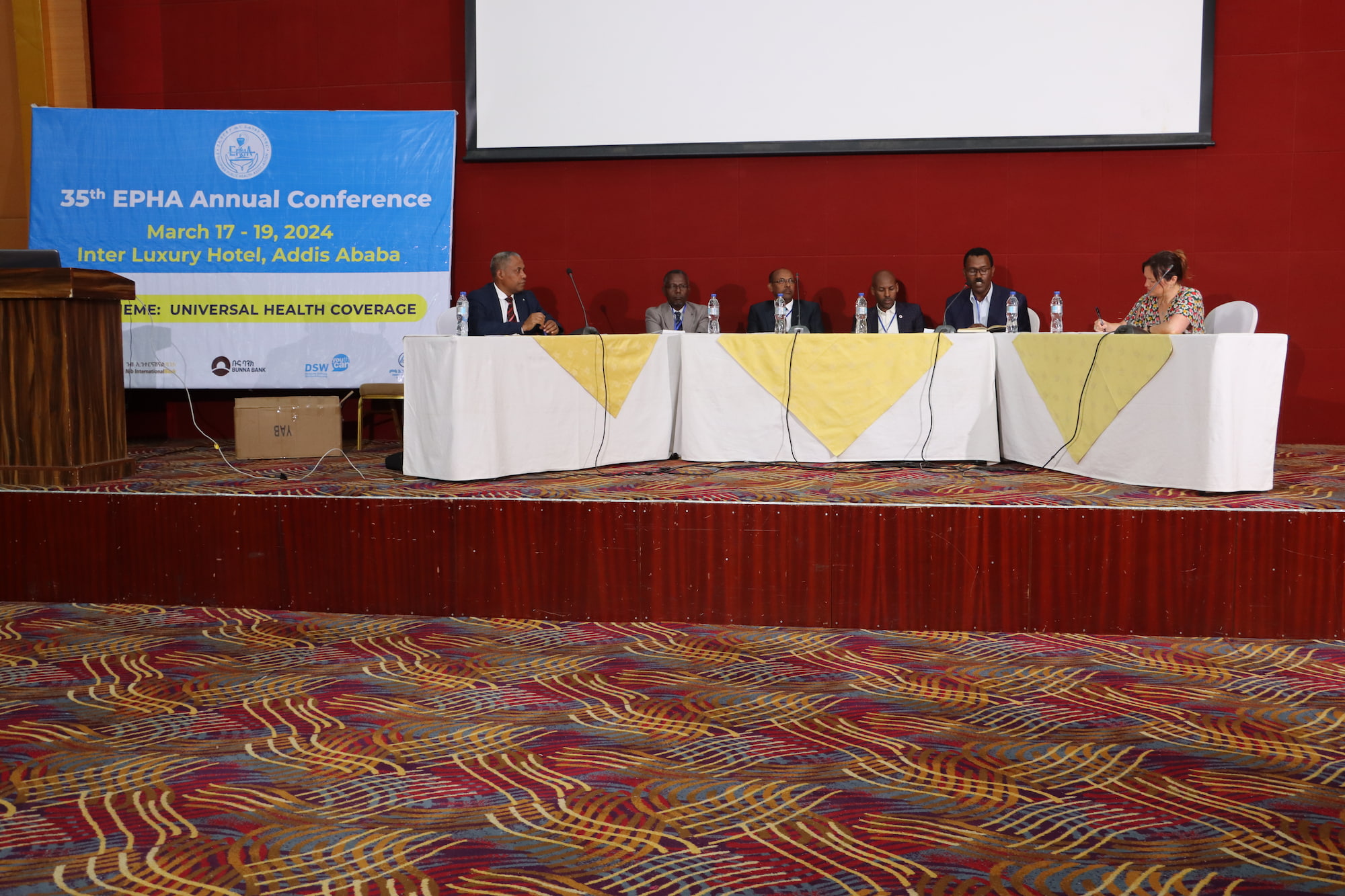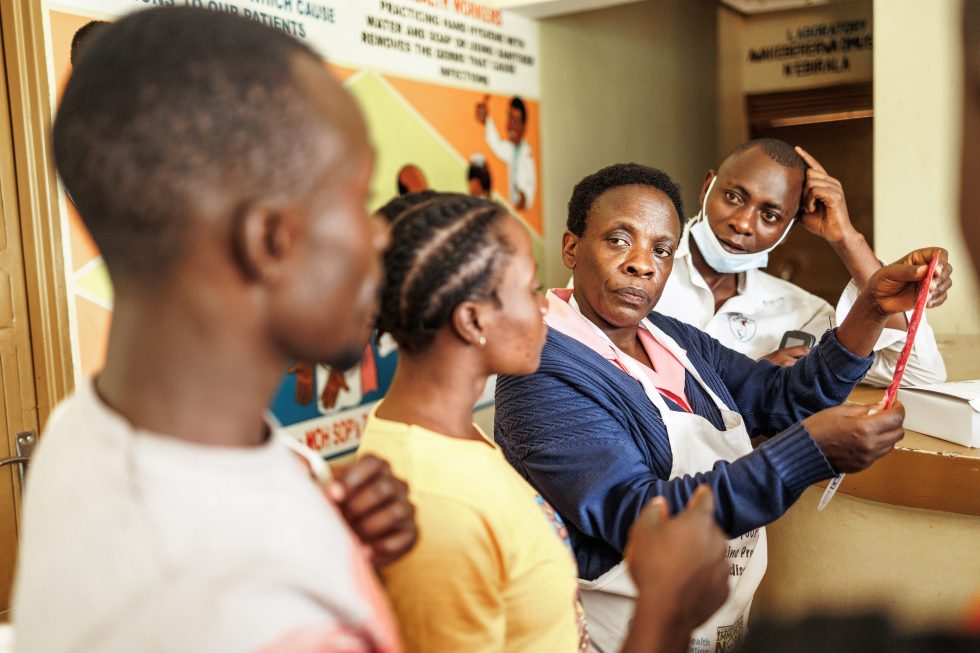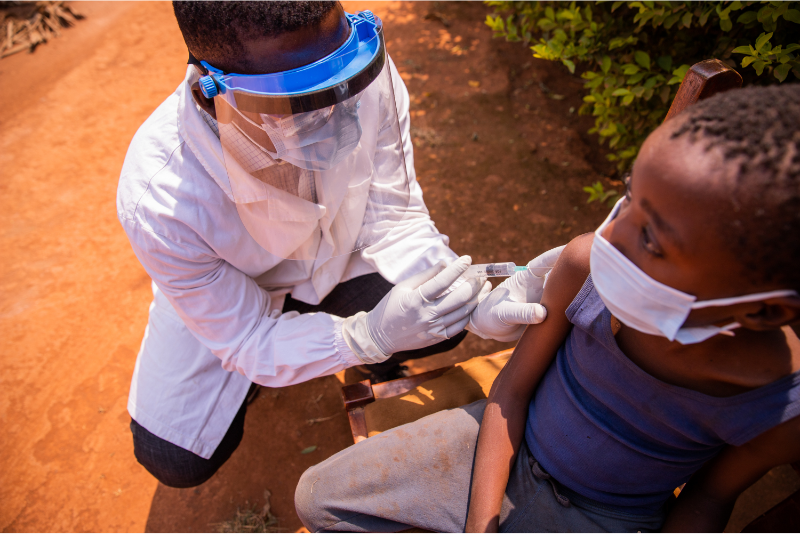

Vaccinations, mosquito nets and money: the fight against malaria continues
Malaria remains one of the world’s most dangerous infectious diseases, especially in the global south. Worldwide, one child dies of malaria every minute. Of the 608,000 people who will die from malaria in 2022, 95 per cent (!) will be in sub-Saharan Africa, and most will be children under the age of five. That is why we are using World Malaria Day on 25 April to once again raise awareness of this deadly disease.
Malaria is on the rise around the world again. There are many reasons for this, including climate change: more (and more devastating) rainfall and flooding with rising temperatures – ideal conditions for the mosquitoes that transmit the disease to humans. In addition, these mosquitoes are now often resistant to insecticides, including those used to impregnate protective nets.
But there is also news that gives hope: According to a report in the “Neuen Zürcher Zeitung“, a promising new vaccine is within reach. It is a further development of the vaccine Mosquirix, which is already in use. According to a study published in The Lancet, the new vaccine, R21/Matrix-M, is 79 percent effective. By comparison, the effectiveness of Mosquirix is estimated at 56 percent. This rate only increases when the vaccine is administered more frequently.
Pregnant women are one of the most vulnerable groups. 20 per cent of stillbirths in sub-Saharan Africa are caused by malaria, as pregnancy reduces immunity to malaria and increases the risk of infection. The Gavi Immunisation Alliance and the Global Fund are committed to fighting malaria. They promote prevention through bed nets and testing, and the development of vaccines for people in the regions that need them most.
No single component will be the silver bullet in the fight against malaria: In addition to the vaccine, diagnostics, other (prophylactic) drugs and other tools such as insecticides need to be developed. Pregnant and women who are breastfeeding, in particular, should be much more visible as a risk group in future research and should be more closely involved in the research process, for example in clinical trials.
According to the Global Fund, it distributed around 220 million mosquito nets and tested 321 million people for malaria infection in 2022 alone. In addition, 166 million malaria cases were treated. According to Gavi, it will also distribute 18 million vaccine doses between 2023 and 2025 to a total of 12 countries where the risk of malaria is highest. The Vaccine Alliance estimates the number of doses required at 40 to 60 million doses – with a strong upward trend (up to 100 million doses by 2030).
In view of these figures, it is essential that Germany, in particular, continues to support its partner countries in the Global South and does not abandon them. Cutting the budget of the Federal Ministry for Economic Cooperation and Development by a billion euro is therefore clearly the wrong decision. On the contrary, sufficient funding is essential to ensure that Gavi and the Global Fund can continue to fulfil their tasks. Cuts in this area cost more than money. They cost lives!
(Sources: theglobalfund.org, gavi.org, bmz.de)
